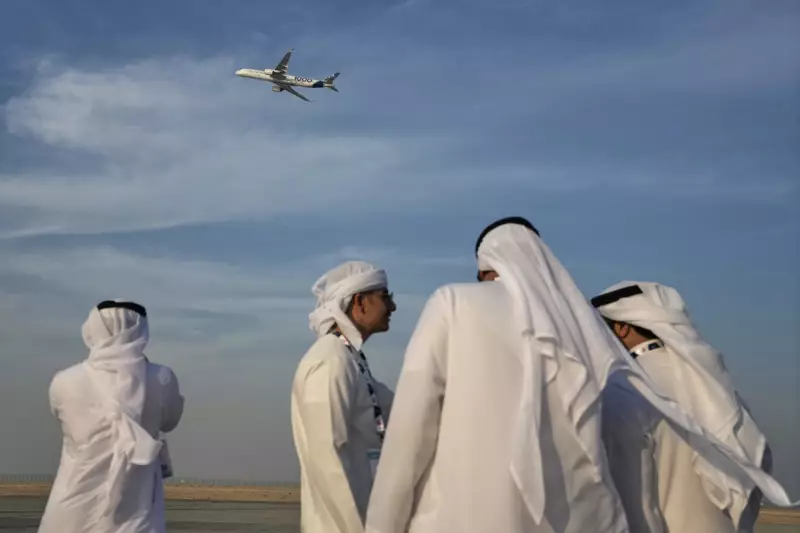
Etihad's Strategic Fleet Expansion
Abu Dhabi's flagship carrier Etihad Airways has announced a significant aircraft order at the Dubai Air Show, committing to 16 new Airbus planes as part of its ongoing expansion strategy. The announcement came on Tuesday, 18th November 2025, marking a confident step forward for the airline following years of financial challenges.
Breaking Down the Aircraft Order
The comprehensive order comprises six A330-900s, seven A350-1000s, and three A350F freighters, representing a balanced mix of passenger and cargo capacity. Both companies confirmed the details during a press conference, though they declined to disclose the financial value of the agreement. Industry observers note that substantial orders typically involve significant discounts from list prices through negotiation.
This strategic move follows Etihad's record $476 million profit in 2024, demonstrating a remarkable financial turnaround for the Abu Dhabi-based airline. While this figure remains modest compared to rival Emirates' staggering $5.2 billion profit reported in the last fiscal year, it represents a crucial recovery milestone for Etihad.
Competitive Landscape and Regional Developments
The Middle Eastern aviation market continues to witness intense competition, with Etihad having accumulated approximately $6 billion in losses since 2016 during an aggressive expansion phase that included acquiring stakes in numerous airlines across Europe and Asia. Established in 2003 by Abu Dhabi's rulers, Etihad has consistently competed with Dubai's larger Emirates airline, which boasts an extensive global network and substantial fleet.
The Dubai Air Show also featured Emirates' massive order for 65 Boeing 777-9 aircraft valued at $38 billion at list prices, announced just one day earlier. Emirates President Tim Clark acknowledged ongoing delays in Boeing's delivery schedule but expressed confidence that the scale of their order would attract attention from the highest levels, including the White House under President Donald Trump.
Clark emphasised the economic significance of the deal, noting that "the 9X is going to be Seattle constructed, so all that sort of workforce in the northwest is almost secured now for decades." He also highlighted how Emirates and its sister airline FlyDubai stand to benefit from Dubai's planned $35 billion expansion of Al Maktoum International Airport, which will feature five parallel runways and 400 aircraft gates upon completion within the next decade.
This infrastructure development, Clark suggested, would enable the carriers to "reach any point on the planet," signalling ambitious global expansion plans that will further intensify competition among Middle Eastern airlines.





